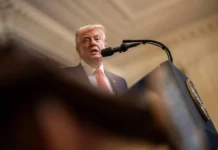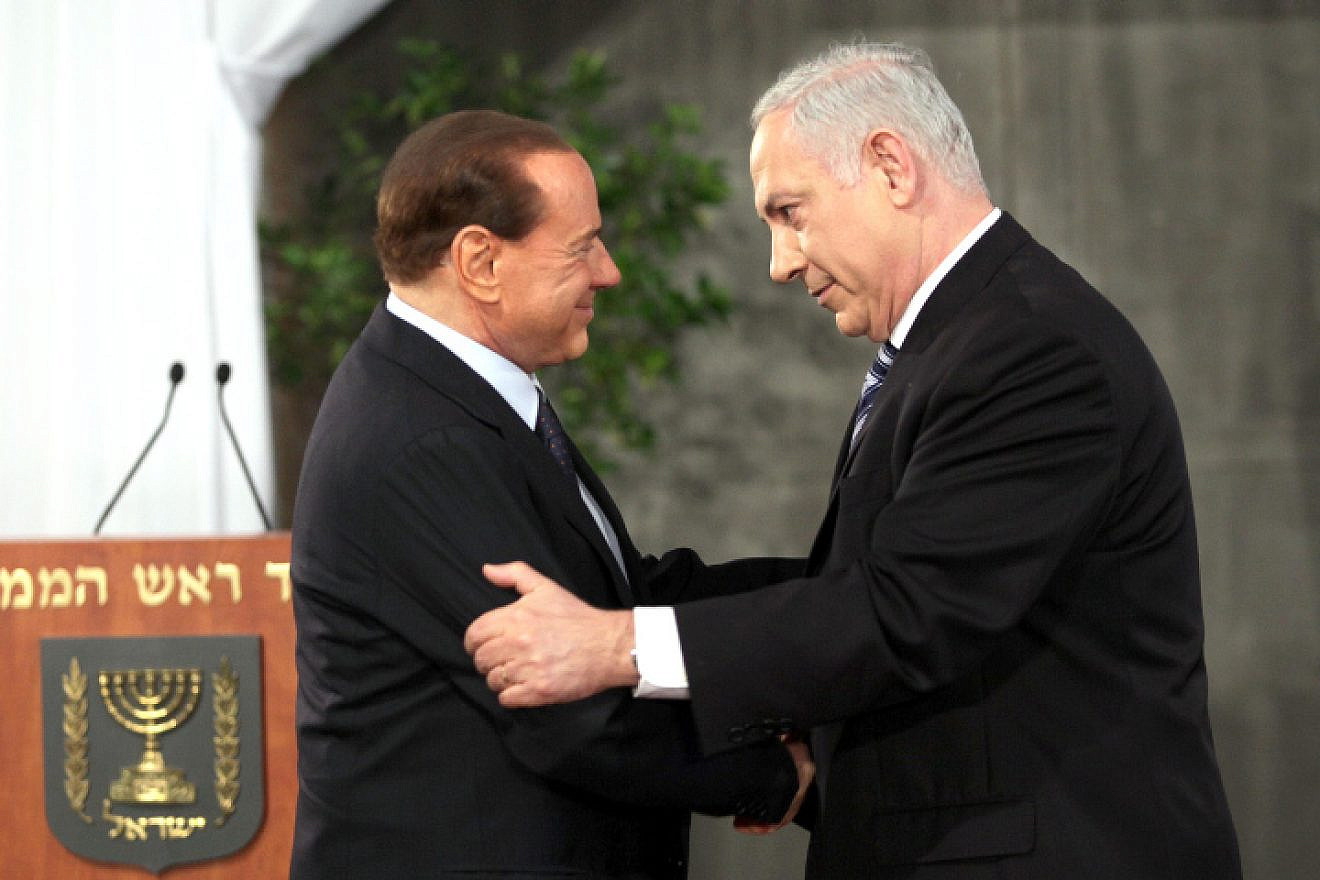In many ways, Silvio Berlusconi’s colorful personality captured the essence of being Italian, for better or for worse. Or, as La Repubblica put it, he was “the mirror of this strange country.”
For two decades he was Italy’s unrivaled protagonist. Almost anything Berlusconi-related was over the top. With his death, the curtain is drawn on an era.
Berlusconi’s path to the top was not through the traditional political system in the country. He shocked Italy in the 1990s when he decided to form a new party called Forza Italia. Today, it is considered to be the oldest party among the factions of the right comprising the current governing coalition.
As leader, he ditched the lofty dialectic rhetoric that had been so common in Italian politics. Instead, he opted for catchy slogans and figurative language that managed to demonstrate that he understood average citizens.
He successfully identified before everyone else in Italian politics that this was a new era in which optics trump words. In which rhetoric is provocative bait that can give you precious screen time that will, in turn, help you climb the ladder of society and the media. Thus, he set up a new media empire that redefined the public discourse.
An Italian intellectual told me that, despite his critical view of Berlusconi, he credits him for initiating processes and setting up institutions, despite his dark side. Every person who is larger than life also has a mixture of light and darkness, he added.
I assume that he was referring to the various scandals Berlusconi was embroiled in. I responded by saying that, in my view, a leader is the sum of all the social and political vectors of his time. Berlusconi’s character—warts and all—was a proper fit for Italy at the end of the second millennium. It was a proper fit for Israel as well.
Ironically, it was the Berlusconi who showed little respect for the old institutions and traditions who managed to break the glass ceiling of the Italian Foreign Ministry, which had until his arrival subscribed to a pro-Arab policy that showed little sympathy towards Israel.
One can even say that, during his tenure, a positive shift in Israel-Italy relations began. It is no coincidence, then, that it was Berlusconi who was the first prime minister to address the Knesset in Jerusalem and expressed unwavering commitment to our security, all the while criticizing Iran and promising that Italy would always stand by Israel.
This commitment was real. During Berlusconi’s visit, Prime Minister Benjamin Netanyahu mentioned the Italian leader’s mother, who saved a Jew during the Holocaust.
The current Italian premier, Giorgia Meloni, who is a friend of Israel, may be from a different party, but it was Berlusconi who first tapped her to be a cabinet minister. Their good rapport has also been evident in the makeup of the current government, to which Meloni preferred to appoint the number-two person in Forza Italia and Berlusconi’s successor, Antonio Tajani, as foreign minister.
Tajani is also a friend of Israel. Together with Meloni, they have effected a historic change in Italy’s posture towards Israel in U.N. institutions. After dozens of years during which Rome would either vote against Israel or abstain, Italy has recently sided with Israel on several anti-Israel resolutions.
In doing this, the two have continued the process that Berlusconi set in motion. There remains only the issue of the recognition of Jerusalem and the relocation of the Italian embassy to the capital, where it should naturally be. It appears that Berlusconi, wherever he may be now, will be happy to see this happen.
Originally published by Israel Hayom.

























